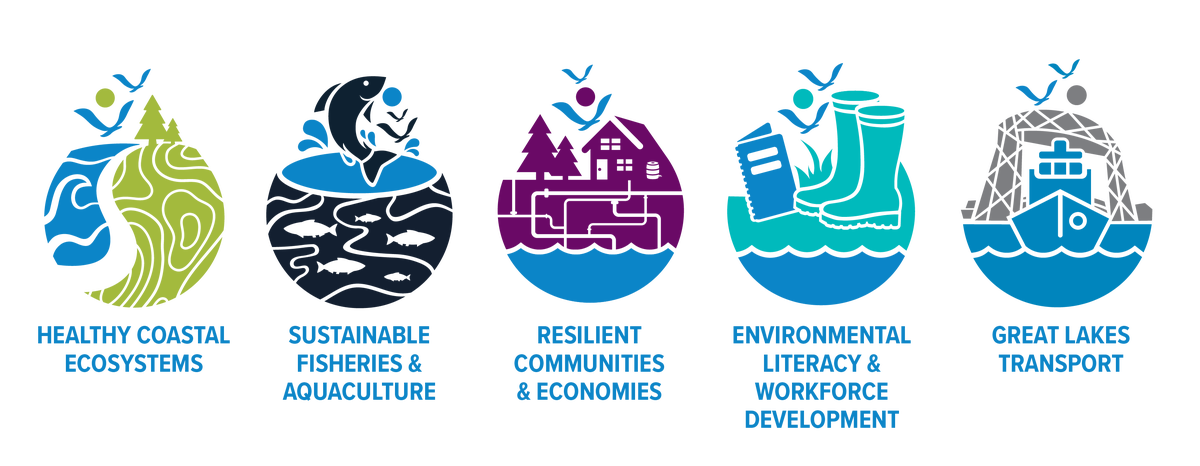
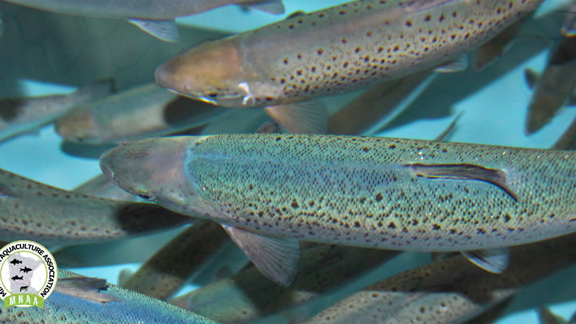
Interest in aquaculture continues to grow in the Great Lakes region as witnessed by a sellout crowd for the 2024 Wisconsin-Minnesota Aquaculture Association meeting held in Red Cliff, Wisconsin, March 22-23.
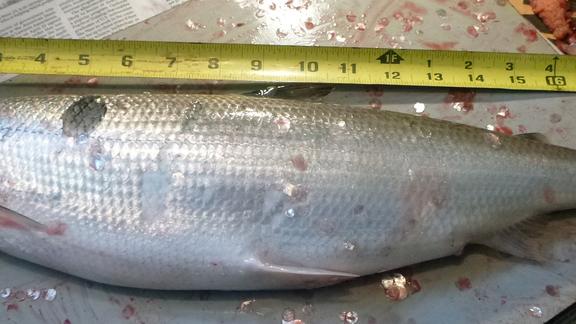
For the first time in 20 years it appears Lake Superior Cisco, called Lake Herring by commercial fishers and Lake Superior locals, had a potentially record-breaking number of fish hatched and that survived during their 2022 annual spawning period, called a year class.
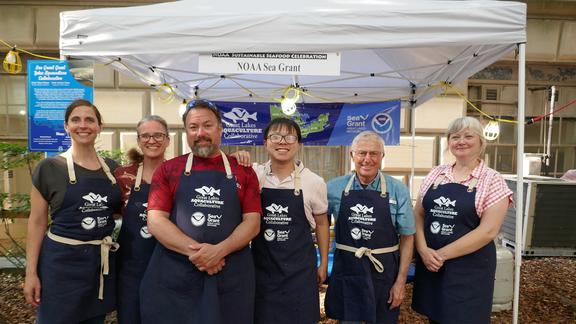
The Sea Grant Great Lakes Aquaculture Collaborative, led by Minnesota Sea Grant, hosted a Great Lakes aquaculture seafood booth at the annual NOAA Sustainable Seafood Celebration in Washington D.C. in June 2023.
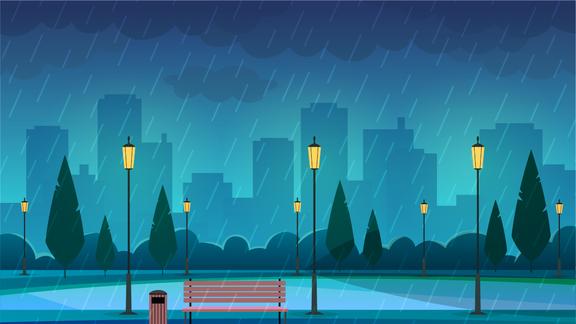
Our August 2023 extension column about preventing, minimizing, and mitigating the impacts of urban stormwater on Minnesota's water resources is by MNSG Extension Educator and WRC Senior Research and Extension Coordinator John Bilotta.
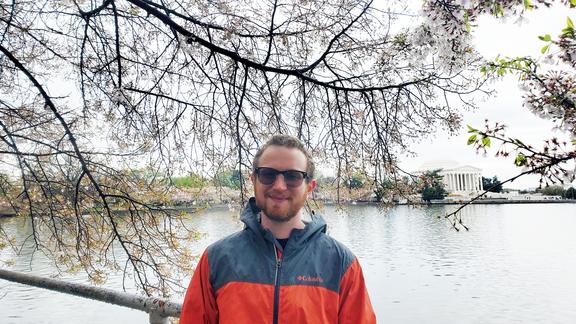
Our May 2023 communications column is by Minnesota Sea Grant (MNSG) Communications Associate Hannah Cullen.
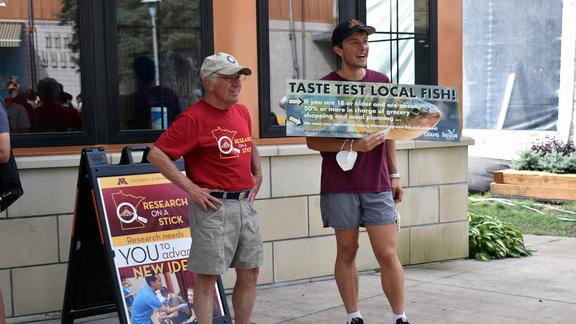
Our May 2023 extension column is by Minnesota Sea Grant Fisheries Specialist Don Schreiner, pictured above on the left. Don and volunteer Nick Horton were recruiting fairgoers to participate in MNSG's consumer food-fish survey at the 2022 Minnesota State Fair.
Image credit: M. Thoms/MNSG
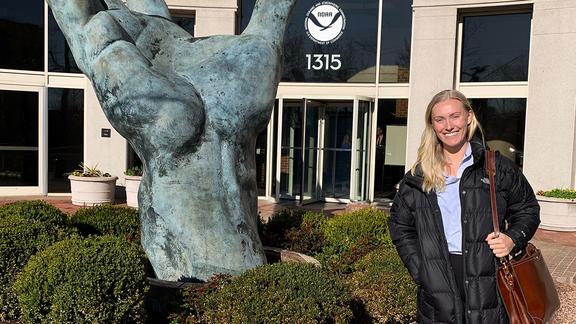
Our April 2023 communications column is by Minnesota Sea Grant (MNSG) Communications Associate Hannah Cullen.
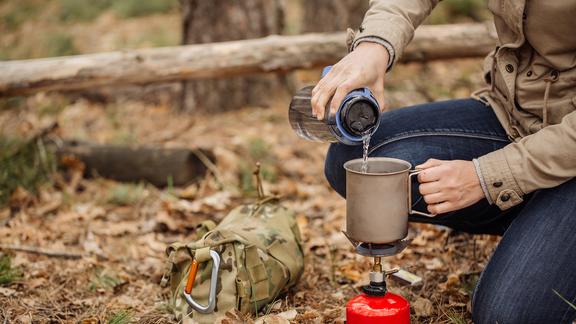
Water from lakes and streams can contain a lot of things that can make you sick. Making drinking water safe when camping, on the trail, or simply traveling, has become big business with many options. A safe solution is easier and cheaper than you might think. Minnesota Sea Grant’s April 2023 Director’s Column has information to help keep you safe and hydrated.
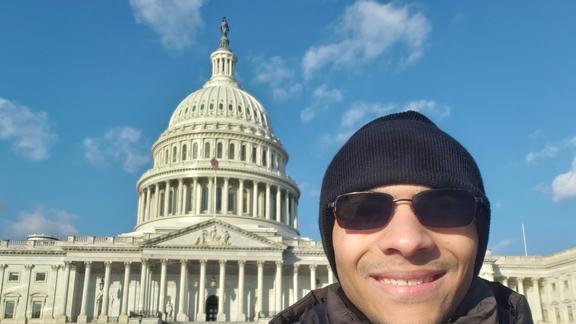
Our March 2023 communications column is by Minnesota Sea Grant (MNSG) Communications Associate Hannah Cullen.
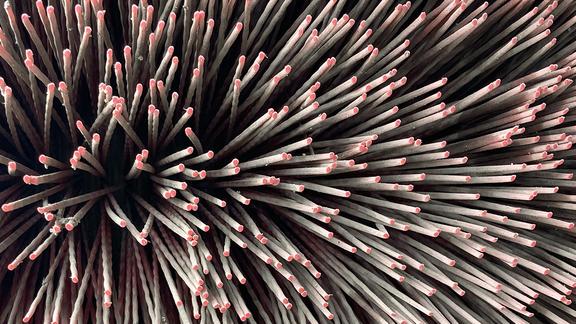
Our March 2023 extension column is by Minnesota Sea Grant and Water Resources Center Extension Educator Maggie Karschnia. We hope it sweeps you away!
Image credit: M. Thoms/MNSG